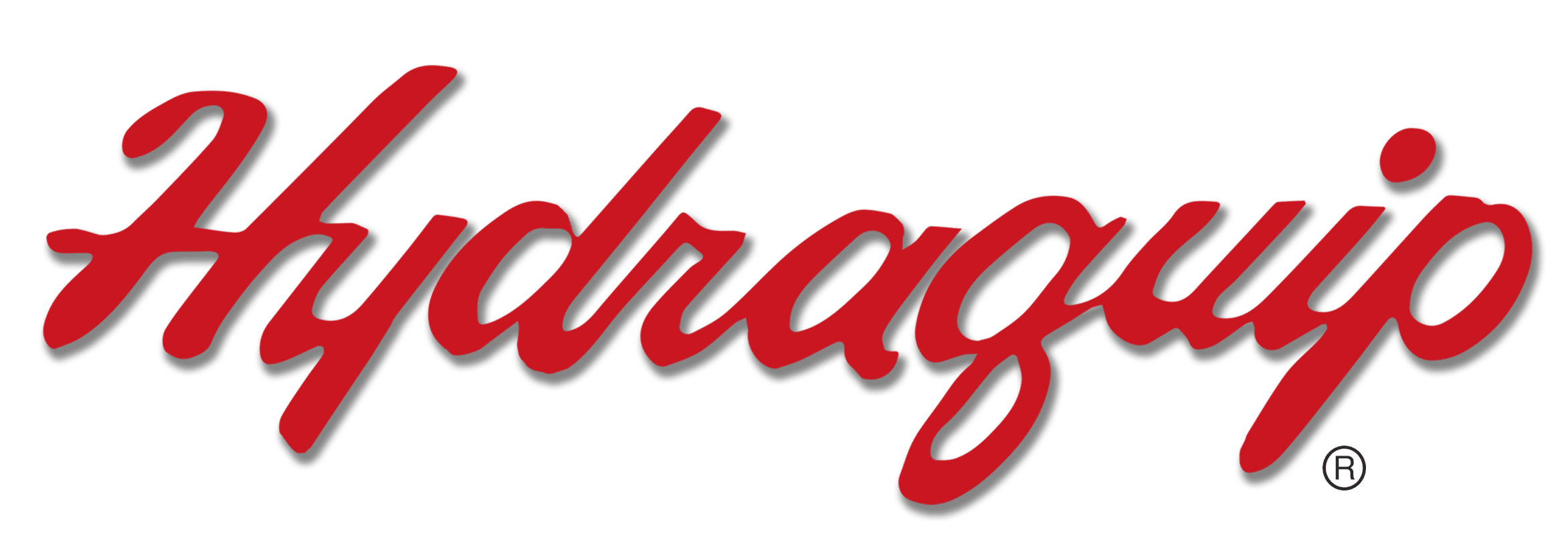It’s a common challenge in the field – the new Tier 4 regulations have caused challenges with onboard fuel filters, excessive use of diesel exhaust fluid (DEF) or failed fuel systems. The challenges stem from Tier 4 engines having more strict requirements on fuel cleanliness, and many operations in the field not possessing the adequate equipment to meet those requirements.
Hydraquip is here to help with consultation and filtration solutions to optimize fuel conditions and minimize equipment failures and maintenance hours.
Step #1: Understanding ISO Cleanliness the short version
ISO cleanliness refers to the particle counts in fluid found at three different micron levels. (Look for information on upcoming webinar on ISO cleanliness in March or find more information in the article from PEI Journal) The importance for Tier 4 engines is the necessity to reduce particle count and water content from the bulk fuel supply before it enters the equipment to reduce the stress on the onboard filtration system and prevent excessive wear to diesel fuel injection systems.
Incoming Fuel from Bulk Fuel Supply: usually is ISO 22/21/18
Fuel Storage Tank: recommended ISO 18/16/13
Fuel Supplied to Equipment: recommended ISO 15/13/10
Onboard Filtration: reduces particle count to 12/9/6, or lower, before supplying the fuel to the engine
Most problems with Tier 4 engines result from the fuel entering the equipment with too high of a particle count or water content causing extra stress and wear on the onboard filtration. This can lead to severe wear and eventually failure of the fuel injection system components.
Step #2: Filtration Options
From bulk fuel supply to equipment, you have several options to filter fuel and reduce particle count:
- Receiving
Fuel: employing bulk
diesel skid with filtration and coalescence technology to filter
solid particles and remove moisture before fuel is placed in storage tanks.
- During Storage: filter breathers installed on tank openings as well as kidney loop systems to recirculate fuel (filter & continue to remove accumulated moisture)
- Dispensing Filtration: final single pass filtration before fuel enters the engine & relies on onboard filtration solutions
Step #3: Implementation of a Solution
This additional fuel filtration is a process change for many companies and teams in the field. Hydraquip in partnership with Schroeder Industries is here to help discuss your current process, evaluate additional filtration options and provide fast access to replacement filter elements.
Contact us to learn more and discuss options for your equipment in the field.

